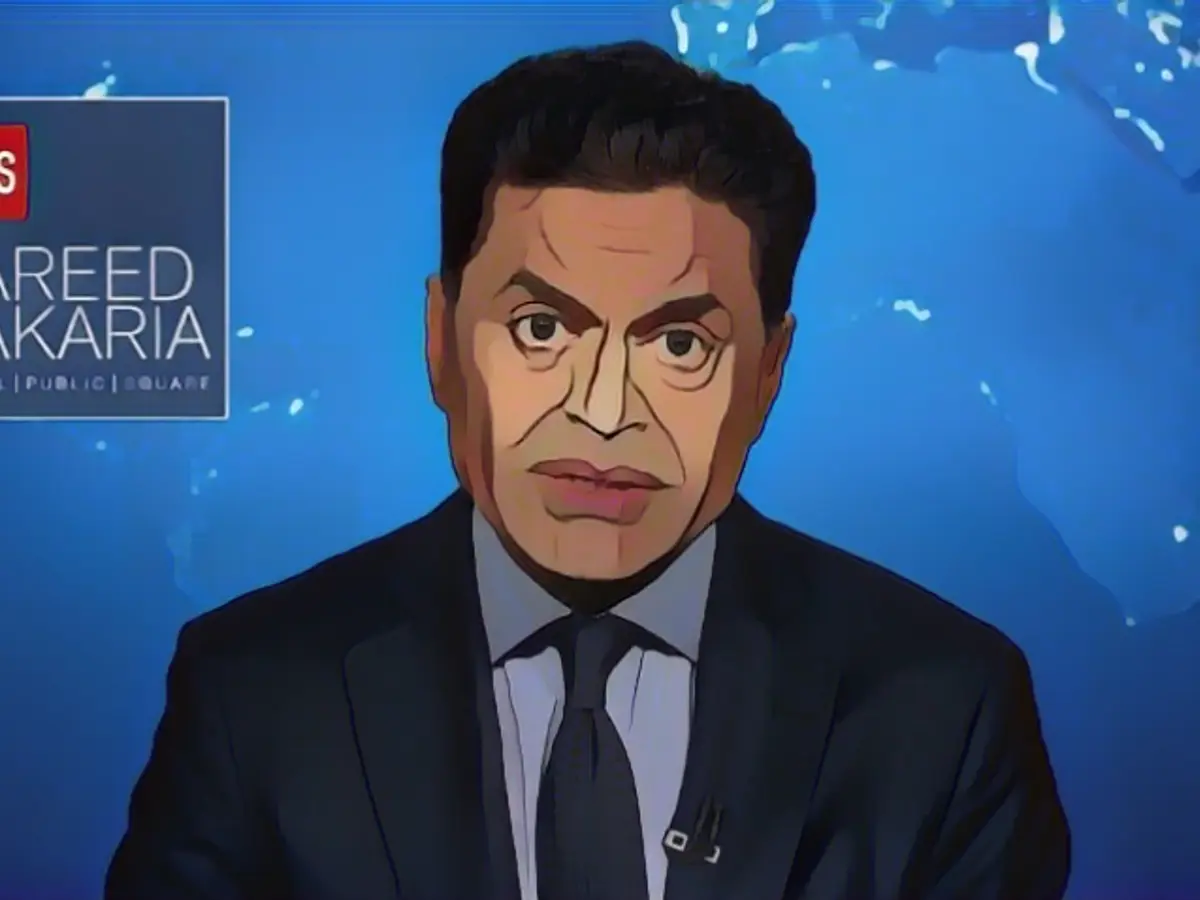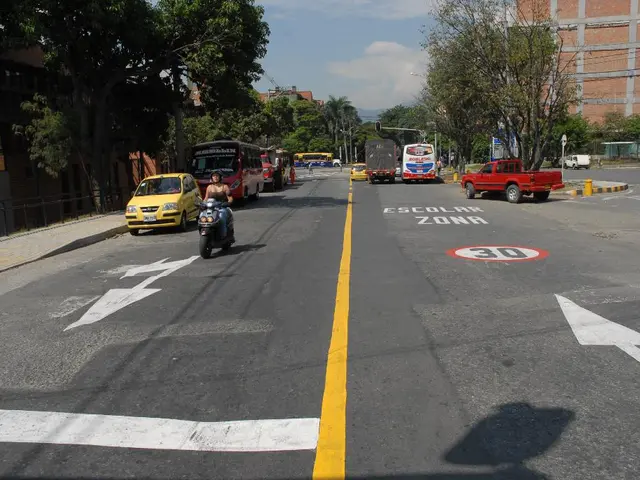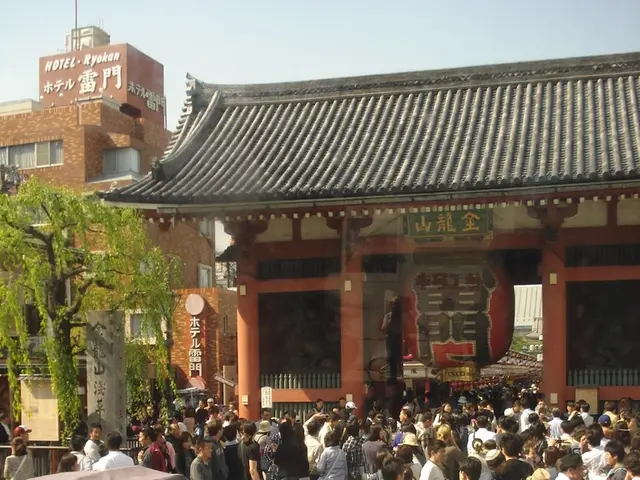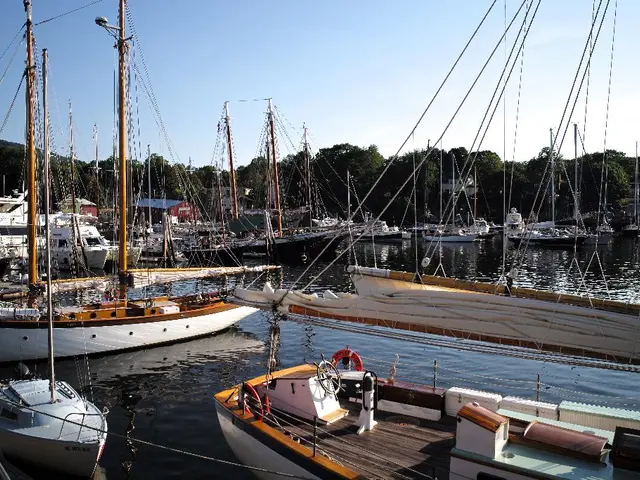The struggle for power in Putin's final phase in Ukraine appears to be a bid for regime change. However, history has shown that regime changes are often marred by catastrophes, as seen in Afghanistan, Iraq, Libya, and even Kambodscha in 1979.
In Kambodscha, Vietnams armed blitzkrieg toppled the regime of Pol Pot and the brutal Khmer Rouge. Despite this, the leaders of the Khmer Rouge did not give up and gathered troops along the Thai border, sparking a decade-long insurgency.
Similarly, in Uganda, a Tanzanian invasion led to Idi Amin's downfall, but his successor was ousted after just three months in power. In Afghanistan, the Soviet Union invaded and replaced one communist leader with another, only to struggle to withdraw a decade later.
When the Taliban took control of Kabul, the mutilated body of their hand-picked leader (Mohammed Najibullah, who had taken power in a 1986 regime shift) was hung from a light post opposite the Presidential Palace.
So, if Putin manages to overthrow the democratically elected government in Kiev and establish a puppet regime, is he guaranteed a stable pro-Russian state? According to my new book, the answer is likely no for two reasons.
Firstly, military invasions often lead to the collapse and dissolution of the military of the target country. Given the disparity between Russian and Ukrainian forces, it's likely that many on the Ukrainian side who can flee will do so, as seen in Iraq in 2003, Afghanistan in 2001, and Kambodscha in 1979.
These remaining armed forces can provide workforce and support for the ousted leader or his followers, sparking an insurgency against the puppet regime and its foreign backers. As the United States discovered in Afghanistan and Iraq, even 100,000 troops were not enough to control a much smaller country than Ukraine. Moreover, the possibility of Ukrainian insurgents getting cross-border support, funding, and weapons makes the situation more complex, as we have seen in Afghanistan in 1979 and 2001.
Secondly, a regime change imposed from outside often comes with a discrepancy between the interests of the intervening power and the local population. The "great" expect their followers to promote their interests, and consequently, choose a leader who they believe will obey their commands.
However, the people of the target country also have a say and often desire different things than the intervening power. Either through elections or force, indigenous groups can challenge the legitimacy of the installed leader, putting their political and sometimes physical survival at risk.
As a result, foreign-imposed leaders tend to face pressure from both sides, paving the way for civil unrest, attempts to overthrow the leader, or even an international conflict between the intervening powers and the local population.
In Ukraine, over 78% of the population identify as Ukrainians, and a similar proportion continue to support Ukraine's independence. There is overwhelming support for EU and NATO membership and a poor opinion of Russia, given the annexation of Crimea and the support for violent separatists in Eastern Ukraine.
Furthermore, in 2014, Ukrainians ousted the pro-Russian president Viktor Yanukovych, primarily because he sought to bring Ukraine under the sphere of influence of Russia and away from the EU.
In conclusion, the prospect of a pro-Russian regime in Ukraine faces strong and perhaps violent resistance. With Western nations and their NATO allies potentially offering support to the insurgents, Putin may find it difficult to establish a lasting pro-Russian state in Ukraine.
Historically, regime changers have opted for two strategies to avoid such outcomes and establish stability. The first is democratizing the target, a highly unattainable option in this case, and the second is the large-scale suppression of Eastern European order by the Soviet Union during the Cold War, an option laden with risk due to potential backfiring and NATO intervention.
If Putin manages to win the war, he could establish a pro-Russian figurehead in Kiev and withdraw his troops. However, it's highly unlikely this person would remain in power for long, and Putin would once again return to the starting line.







